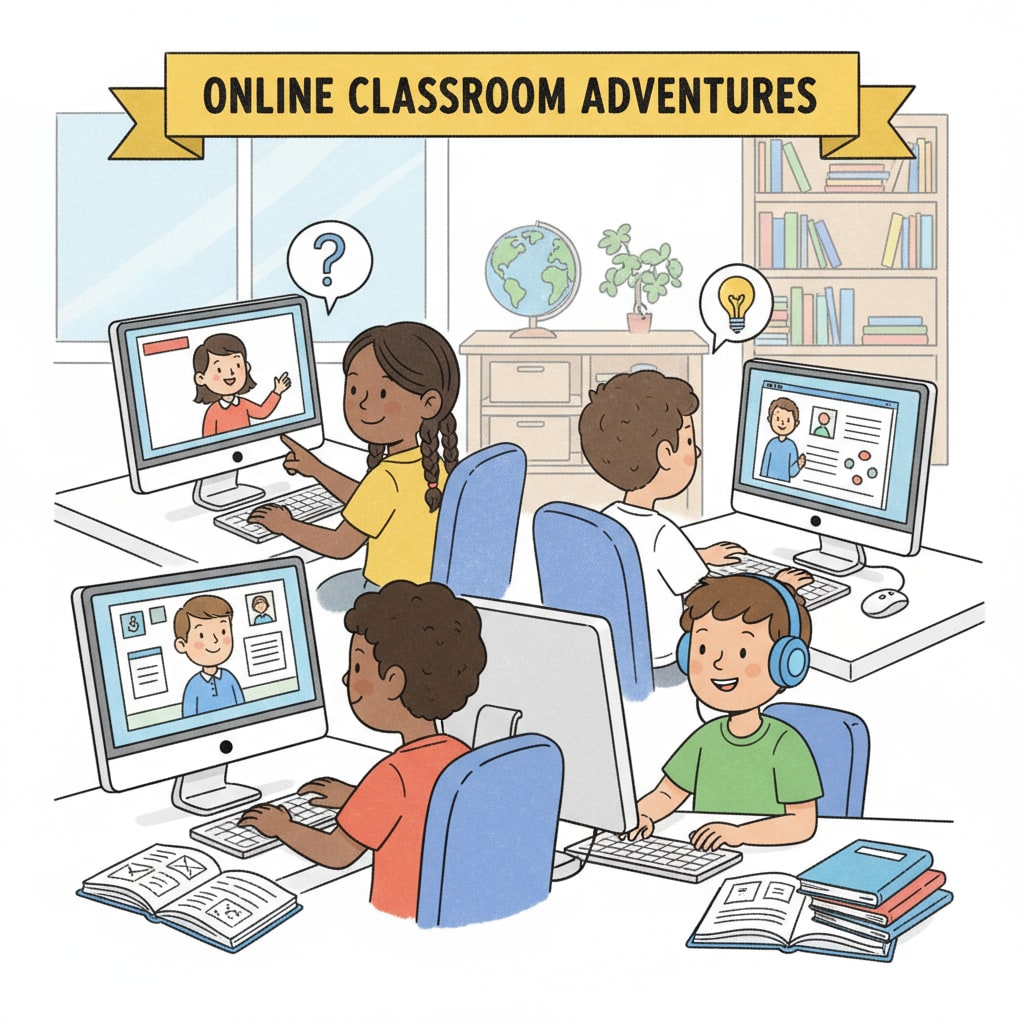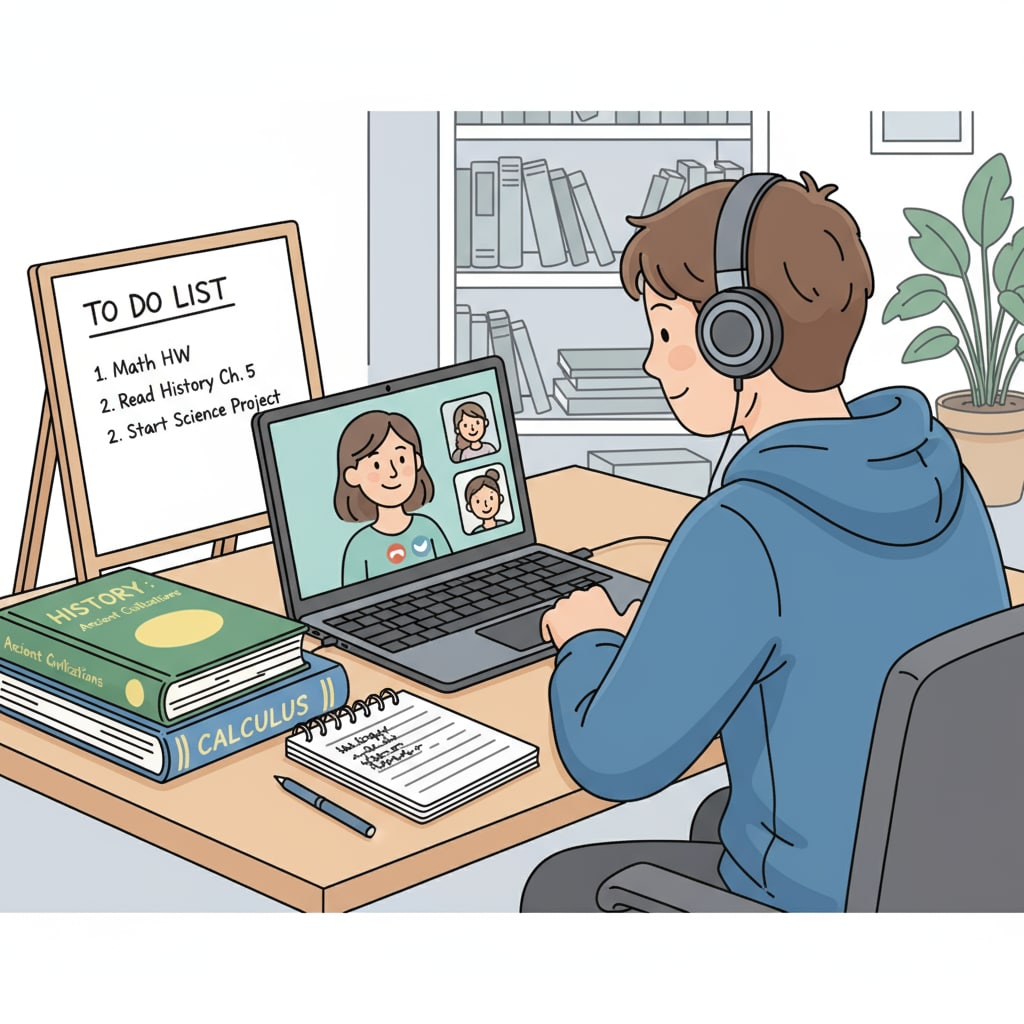Online degrees, self-discipline, and FOMO have become significant aspects in the landscape of K12 education. As technology continues to advance, the way students learn is undergoing a profound transformation. The emergence of online education in the K12 sector has presented both opportunities and challenges. Let’s delve into this new educational frontier.
The Allure of Online Degrees in K12
Online degrees in K12 offer unparalleled flexibility. Students can learn at their own pace, fitting their studies around other commitments. For example, a child with extracurricular activities can access lessons at a convenient time. According to EdWeek, many students benefit from this flexibility as it allows them to tailor their learning experience. This adaptability is a major advantage, enabling students to cover the curriculum in a way that suits them best. However, this freedom also comes with a catch.

The Challenge of Self-Discipline
Self-discipline is crucial in online K12 learning. Without the structured environment of a traditional classroom, students need to be more self-directed. They must set their own study schedules and stay focused without external prompts. For instance, a student might be tempted to procrastinate when studying alone at home. TeachThought emphasizes that developing self-discipline is key to success in online education. It requires students to be organized, manage their time effectively, and resist distractions.

On the other hand, traditional campus life provides built-in discipline. Teachers are present to guide and monitor students, and the daily routine helps keep everyone on track. This contrast highlights the different demands placed on students in these two learning environments.
The FOMO Factor
FOMO, or the fear of missing out, is another aspect unique to online K12 education. Students might feel left out of the social experiences that come with traditional campus life. They miss out on face-to-face interactions with classmates, group activities, and school events. This can lead to feelings of isolation and a sense of not being part of the school community. As noted by educational experts, addressing FOMO is essential for the well-being of students in online programs.
In conclusion, online degrees in K12 education offer flexibility but demand self-discipline. FOMO can also pose challenges to students’ social and emotional development. Finding a balance between the benefits of online learning and the experiences of traditional campus life is crucial for the holistic growth of K12 students. By understanding these aspects, educators, parents, and students can make informed decisions to optimize the learning journey.
Readability guidance: Using short paragraphs and lists helps summarize key points. Each H2 section can have a list to present ideas clearly. Controlling the passive voice and long sentence ratios ensures readability. Adding transition words like however, therefore, in addition, for example, and as a result throughout the text makes it flow smoothly.


